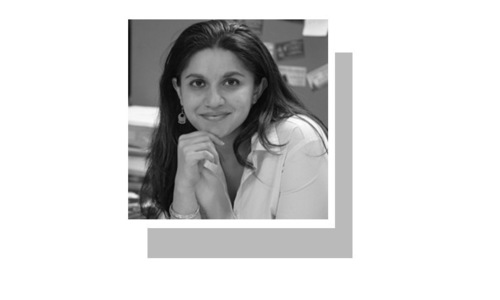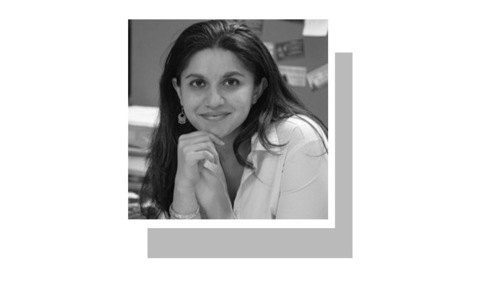COROLLA Khan, aka Khairullah, crossed the border from Afghanistan to Pakistan over 30 years ago. He drove a cab for many years and hung his keys up a few years ago.
While he has no children of his own, he hopes to see the young girls of his neighbourhood get an education or learn some skills to help them get by without depending on others.
For Khairullah, this became a reality on Monday morning. He was happy to see girls like 13-year-old Asma wrap a thread around a piece of plastic to make artificial earrings at a skills development centre for vulnerable Afghan and non-Afghan refugees set up by the United Nations High Commissioner for Refugees (UNHCR) and Aik Hunar Aik Nagar, an organisation which supports small enterprises across the country.
Take a look: 'Where is my name?' Afghan women seek right to identity
Talking to Dawn, Asma said: “My sisters and cousins are also learning how to make jewellery, do embroidery and other skills here. These classes are fun, but my real interest is in learning more about biology and other sciences so that I can become a doctor one day.”
Asma and her sisters are part of a group of 100 women at the training centre in Chhota Plaza, behind Al Asif Square on the Superhighway, who will learn embroidery, how to make decoration items, threadwork, tailoring, cutting patterns and jewellery-making over the course of six months. They will receive training in marketing at the end of the course to help create links with the market.
While Asma sat in one room with other teens, older women such as Gul sat in another room.
Gul was one of the first women from her apartment block to come to the centre. “Now there are more women but we have only four sewing machines here. Since it is free of cost, it is good for us,” she said while talking to Dawn.
A little Afghan girl kept trying to humour her two-year-old brother Shehzad, who was bawling his eyes out while their mother was learning embroidery inside.
Rahila, a teacher at the centre, said that before deciding on what to teach she and her colleagues sounded out the community about their wish list.
“We decided to focus on embroidery and jewellery-making as there is a genuine demand for it,” she said.
According to the UNHCR representative in Pakistan, Ruvendrini Menikdiwela, the programme aims to help impart skills in artisanship to refugee women so that they become self-reliant in Pakistan and eventually start a new life after returning home.
She said that next year the UNHCR would be commemorating the 40th anniversary of the Afghan refugee crisis. Pakistan currently hosts 1.39 million Afghan refugees, out of whom more than 63,000 live in Sindh, mostly in Karachi.
“During these 40 years, Afghan refugees have shown remarkable resilience…they have been able to adapt to the communities here and have acceptance but, unfortunately they have not been able to be gainfully employed owing to a lack of skills, training and communication. So most of them have ended up in the workforce as day labourers, domestic staff or garbage collectors,” she said.
“We hope that this centre will provide these refugees with some artisanal, craft manufacturing and marketing skills that will enable them to live dignified lives.”
Talking to Dawn, Ms Menikdiwela said: “Given the situation in Afghanistan it does not look like the refugees will be able to go back in big numbers soon. So we are extremely grateful to the government and the people of Pakistan for hosting the refugees here. But we hope that eventually they will be able to go back home in safety and with dignity.”
Discussing the Pakistan Tehreek-i-Insaf-led government’s policies on refugees, she said the current government had shown that it was compassionate and generous towards Afghan refugees.
“We have received assurances from the prime minister and other members of the cabinet that those registered as Afghan refugees in Pakistan will not be sent to Afghanistan against their will,” she added.
Published in Dawn, November 20th, 2018

















































